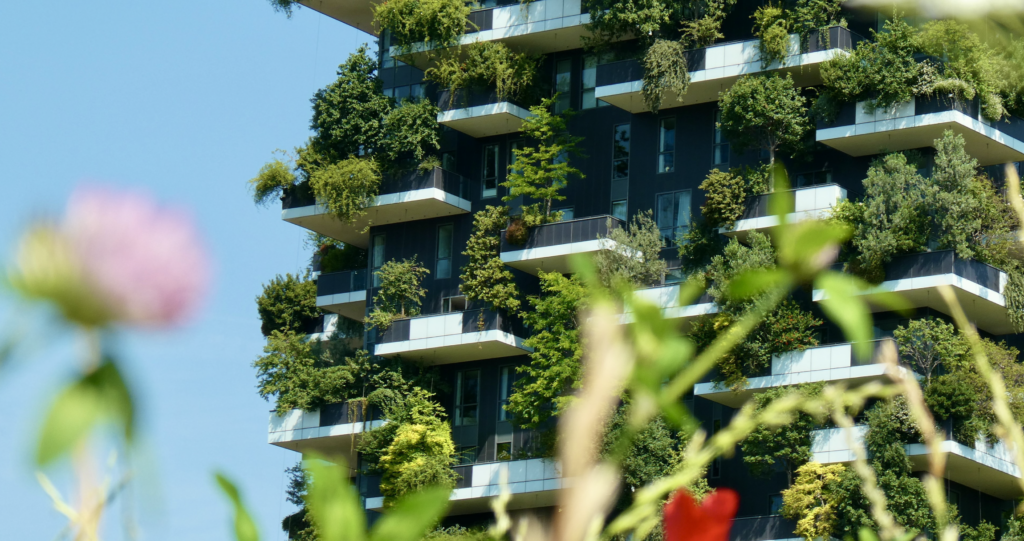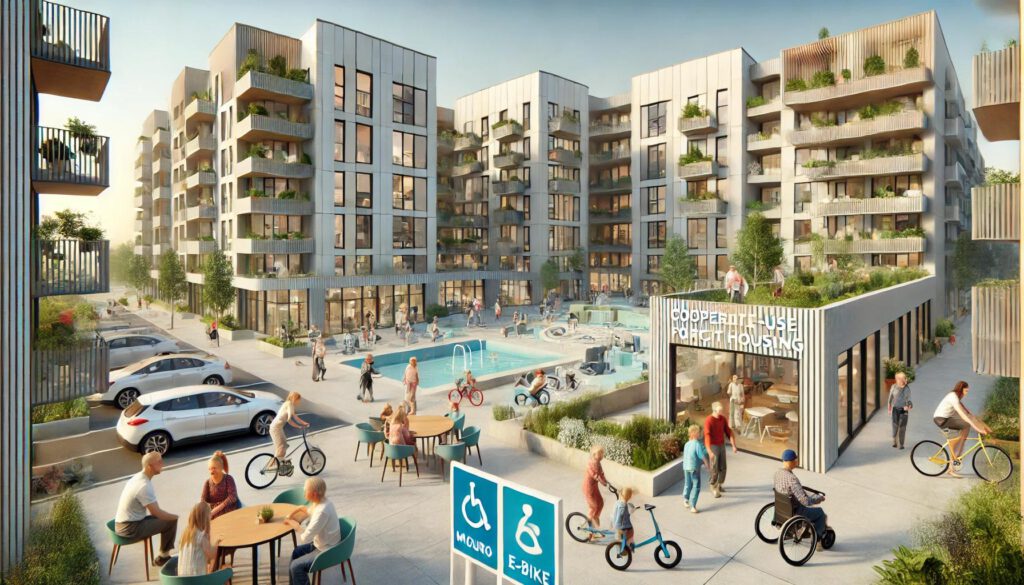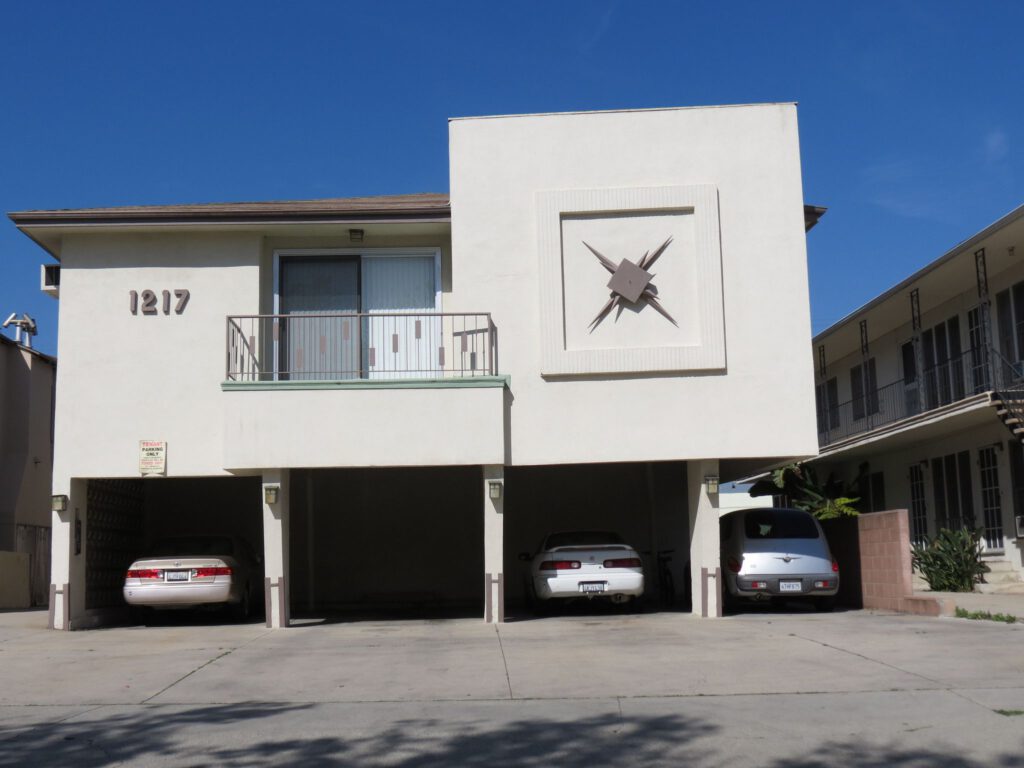Farming 2.0: Better Acceptance for New Developments
This issue of our Valdivia Expert Tip is about a marketing method which originates in the real estate sector: farming. The term was coined in the US with its gigantic market for private residential properties. By now, this type of market cultivation has not only reached Germany, it has also taken on a new and important role in our metropolitan areas with their strong building density – an extremely fascinating topic, as we at Valdivia see it.
The Key to Success: Be There
Farming, in its original form, is intensive, regional marketing through a local real estate office, with the ’farm’ being the region, ideally a mix of residential and commercial areas. A good farmer’s key to succes is their strong familiarity with the area. They know many residents personally and play an active part in local life. Farming, therefore, is much more than your standard marketing activities, such as dropping leaflets in mailboxes, a newsletter for the residents, or putting up ’For Sale’ signs on properties to be marketed. The real estate agent will participate in local clubs and societies, engage in public petitions, and personally attend local festivities with snacks, drinks, and a tent for consulting.
So farming is a type of marketing that does not only cost money but also time. The upside is that there is only minimal wastage: A real estate agent, successfully established as a good neighbour in their ‘area of farming,’ will face little competition in their sales and aquisition activities. However, the methods of systematic farming have gained even more in importance in past years, especially in Germany: for the development of smaller or larger developments.
Good Neighbourhood: Farming 2.0
Why would German developpers today follow the – very US-American – idea of farming in the first place? The answer is in the structure of our settlements. Popular metropolitan areas offer very little free space, which means that most new developments need to be built right into existing neighbourhoods. And more often than not, there will be resistance. Of course, marketing can never replace thoughtful regional planning, let alone politics. Yet, it is in everybody’s interest to realize projects within a reasonable time frame.
’Farming 2.0’ includes involving those in the close surroundings. Often it is that feeling of being left out that leads to initiatives and petitions standing in the way of planned projects. The aim of farming 2.0, therefore, is to first and foremost win over the residents of the neighbourhood by showcasing the benefits of the planned development – not in a way of talking “from the outside“ or talking “down to“ them, but much rather in a combination with local engagement. People want to feel they are taken seriously. Open communication is just as fundamental as inviting wishes, suggestions, proposals as well as criticism or reservations:
- Articles in local media, leaflets, or a local equiry office for visitors to drop by for an espresso can all make for a good first step.
- As to online activities, the project website will be essential, but so will social media – a Facebook fanpage and group as well as a site on neighbourhood networks such as nebenan.de and nextdoor.de.
- These media can also be used to arrange for live information and debating events, as soon as this will be possible again.
- Just like in classical marketing, personal engagement is an integral part of farming 2.0, e.g. participation in and support for neighbourhood festivities.
Ideally, the district manager will be the go-to person for the entire neighbourhood and become the social centre of the new development, even before breaking ground. In any case, transparent farming 2.0, always open for communication, will take the wind out of the sails of all those who oppose the project just for the sake of opposing.






































